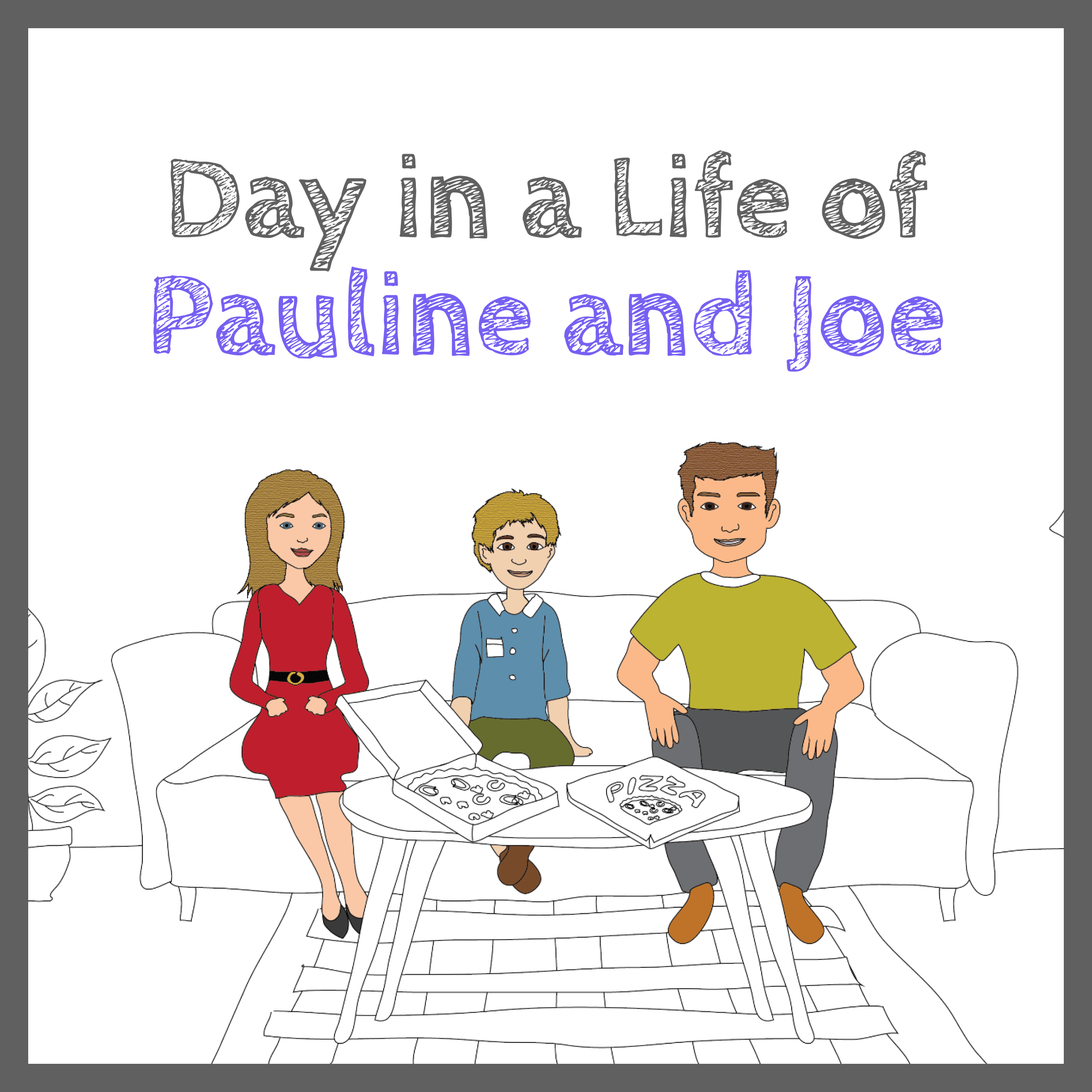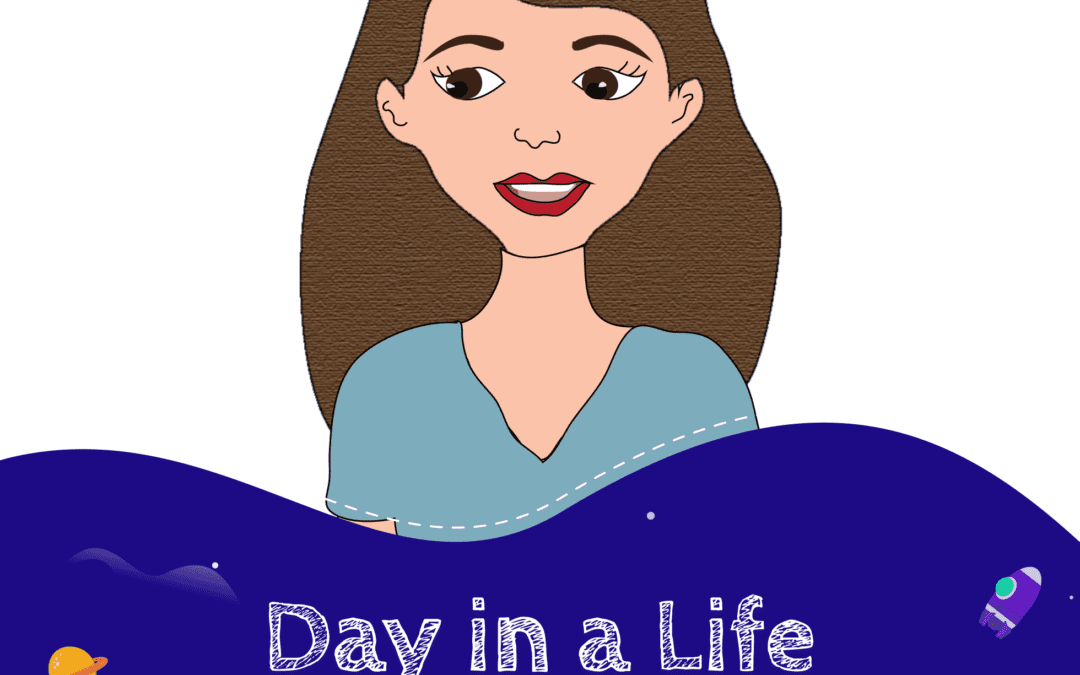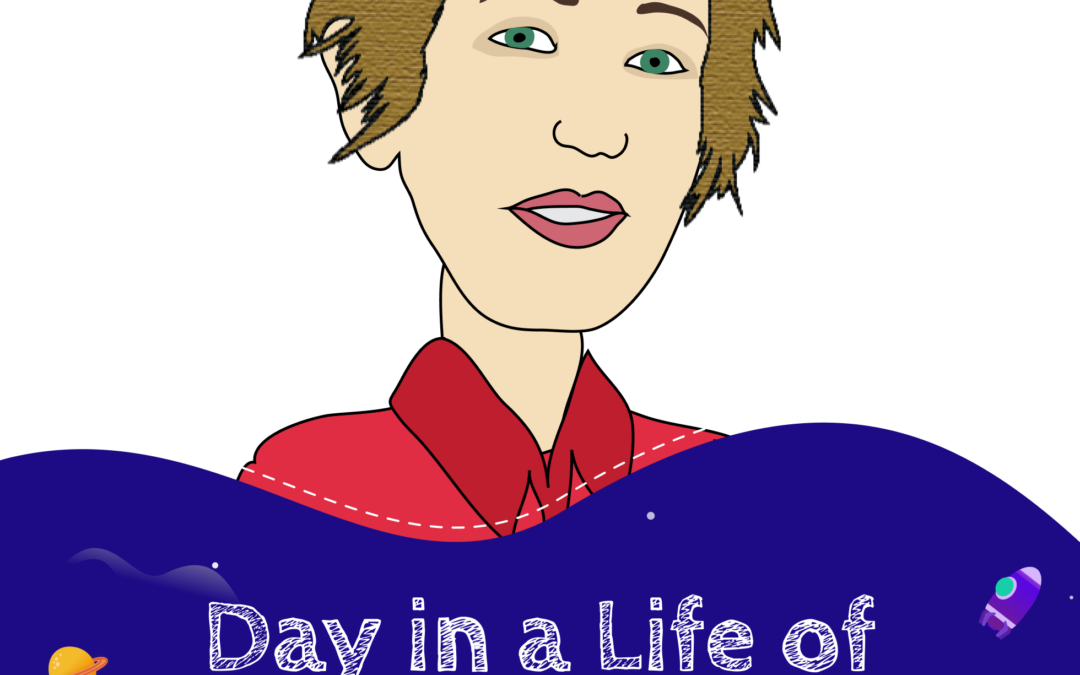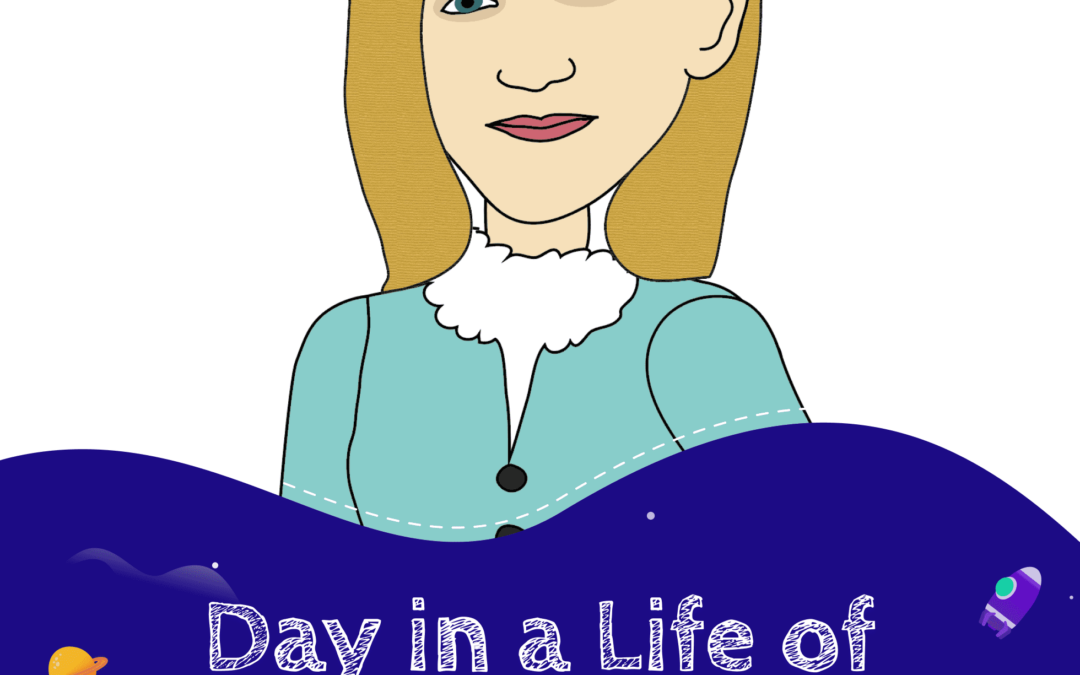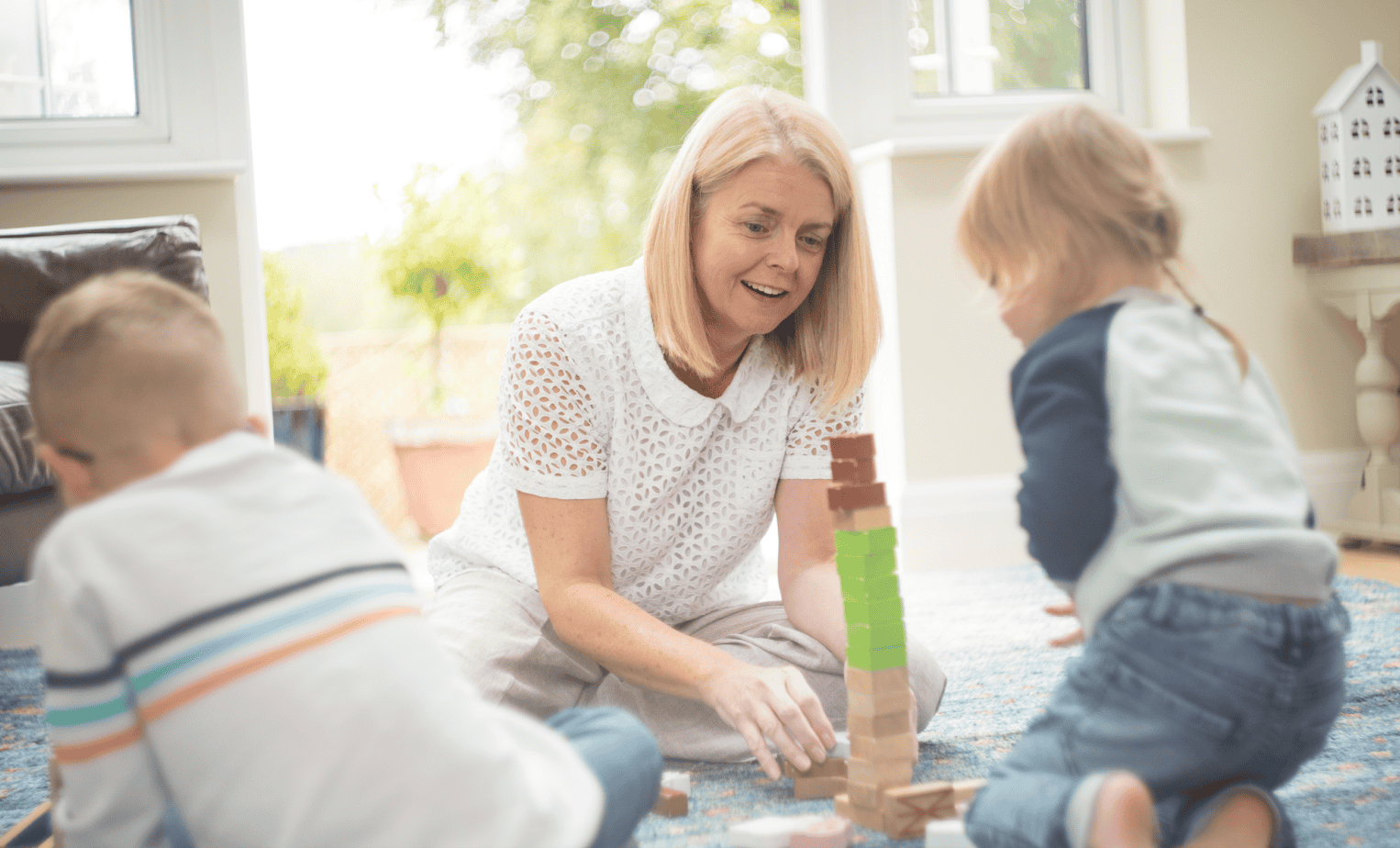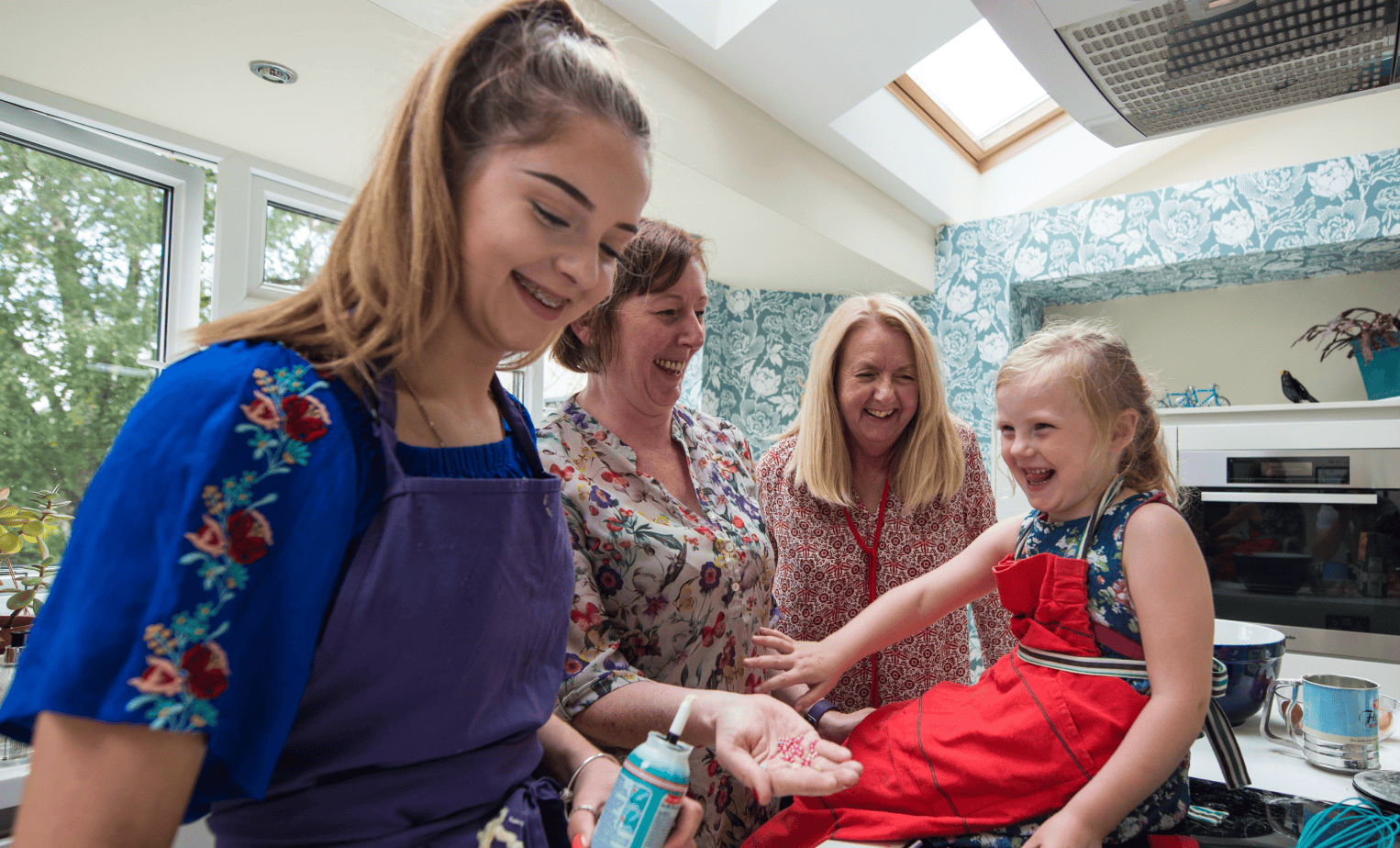We must know how to protect our children from predators
Once our young person has left for school, I can catch up with emails and check for any messages about meetings I must be involved in about him, and I can write my daily logs whilst I have a cuppa.
I have a supervising social worker from the agency. I see her every 4 weeks, but I chat to her most weeks. She checks in to make sure I am ok, and we chat about all sorts of things. She is lovely. During the lockdowns we had to do everything on Zoom or Teams. It felt really odd at first, but it all feels perfectly normal doing things virtually now if we need to.
As foster carers we have to do training, and some things we have to do regularly. I am not very academic, and it was an area I was worried about, but I love it. We learn in what we call bitesize chunks. My supervising social worker sends me interesting articles or lets me know about podcasts or videos I might like to watch and then we chat about it later. I have learned so much about the impact of trauma that children experience as a result of their neglect or abuse, and it helps me understand how best to support the young people in our care. Every day is a learning day. Over the last year I have done training on online safety and county lines too. We must know how to protect our children from predators. It’s awful but it’s a fact of life now. We have household rules about the use of Wi-Fi and mobile phones, all designed to protect our young person, but inevitably we have to follow the same rules too!
I take our young person to contact every month
Meetings that I must attend can vary in length. I go to meetings about school, health, local authority work and the agency. I have got to know my young persons teacher very well. He is doing much better now, but initially when he was struggling to regulate his emotions, I was at school most weeks.
I work part time myself. It’s very flexible and I can work weekends when Joe is home if needs be. Any meetings I have to be involved in are in my diary and I check it all the time. I take our young person to contact, every month, so that he can see his mum. He sometimes struggles afterwards, and I always prepare to have space for him in case he is upset or needs to talk. We have a book that we put things in about what our young person is achieving, and we make sure that he takes the book with him to contact so he can show his mum, which keeps her fully informed about him. I can’t imagine how it must feel only being able to see your child once a month, but the courts have decided that and it’s our job to make sure that as best we can, that happens. During lockdown, once again it was only possible to arrange contact over facetime, but the connection wasn’t always great, so we had to improvise so that they could maintain their contact.
I am full of admiration for him
I like gardening and we grow our own vegetables. I am helping our young person with cooking for himself. It’s so important that we prepare these young people for independence because they are very likely to be living on their own from an earlier age than most of our own children. We are intending to do staying put, which means that our young person can stay with us after he is 18 and is no longer considered to live in the children’s care system. He is unlikely to finish his education at 18. He is still catching up on the education he lost when he was a youngster, so whilst he wants to be a teacher right now, if he goes to university, he is likely to go a bit later than his peers.
I am full of admiration for him. He has been through so much in his young life.
He speaks regularly with a therapist from the mental health team, and we give him lots of opportunities to share his thoughts with us. We generally know when things aren’t feeling right with him. He either goes quiet, or he gets cross and reacts quickly to things that frustrate him. We work with him on the fact that we care about him very much and that there is nothing he could do that would change the way we feel about him. Our supervising social worker helps us. We share how we are feeling and then work through what might improve the situation. I have a great friend who I meet for coffee at least once a week and I have a foster carer colleague who I confide in. We help each other out, with school pickups and her young person has had sleep overs at our house. It’s good that our young people meet other young people living with foster carers, it helps them see that they are not the only one and helps them find their own voice.
We try and keep a routine
We both try to ensure that our young person understands what is happening, especially when there has been a meeting about him, although he gets invited to a lot of them. We encourage him to ask for things he might like to happen, and to ask questions. Jenny his social worker is very experienced, and he has known her since he was 7. It is quite unusual these days, for a social worker to work with a child that long. He doesn’t always like what Jenny has to say, but we try and support him to know that she means well.
We try and keep mealtimes set, which gives our young person routine. He has been quite small for his age for a while, but he is growing tall now and eats constantly. I prepare the evening meal ready to serve at 6.00pm. Joe is home by then, and we might take the dog out all together before we sit down for dinner. If its football practice after school, Joe goes to watch him and inevitably there will be a stop at MacDonald’s before they get home, with more snacks once he is at home!
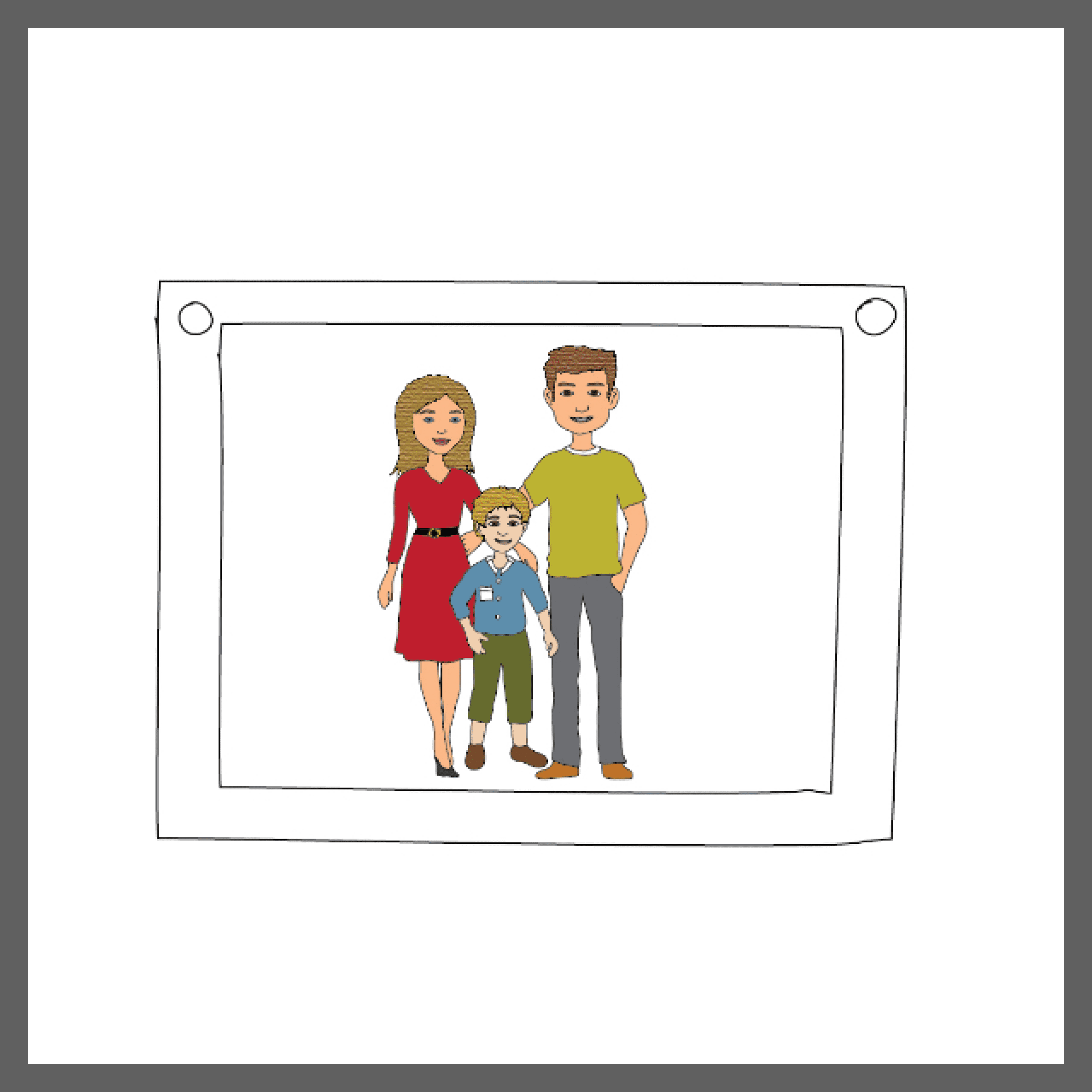
It takes a village to raise a child
We are hoping to go on holiday this Summer. We have been looking at maybe going abroad, so we are having to apply for a passport for our young person. It will be the first time he has been on an aeroplane, so there is plenty of excitement around that possibility. Things can take longer than expected in the systems we work with, so we are pushing to get the information we need to get his passport soon.
There are days that are challenging and its sad seeing our young person struggling to come to terms with what has happened to him. Behaviour is a communication, and we keep an open mind and try not to add to whatever he is going through, by reassuring him and getting him some help if he needs it. Joe is becoming an X-Box expert, they play often together, its something that our young person introduced Joe to. We bring different skills as a foster family and are a good combination. We both know that we have a team around us and there is a great phrase that I use a lot, “it takes a village to raise a child”.
I am usually in bed by 11pm after making sure that the dog has had his last wee and the lights are off in the young persons bedroom. I sleep with one ear open, but I am used to that after 9 years and I wouldn’t change a thing.
